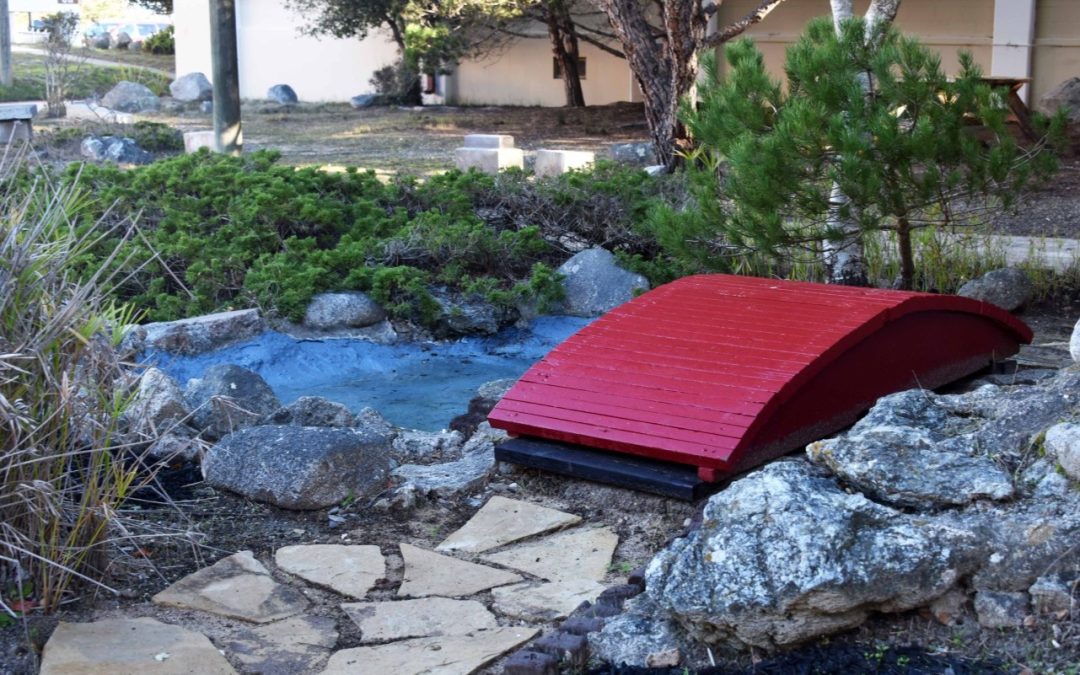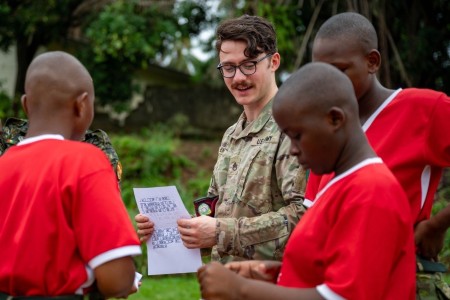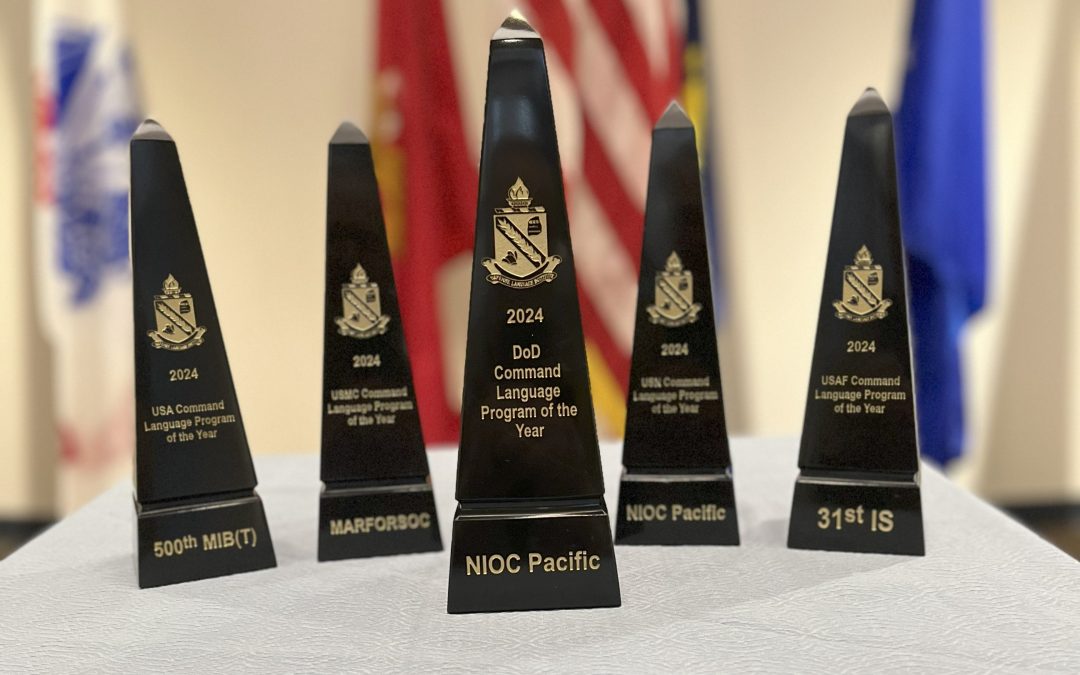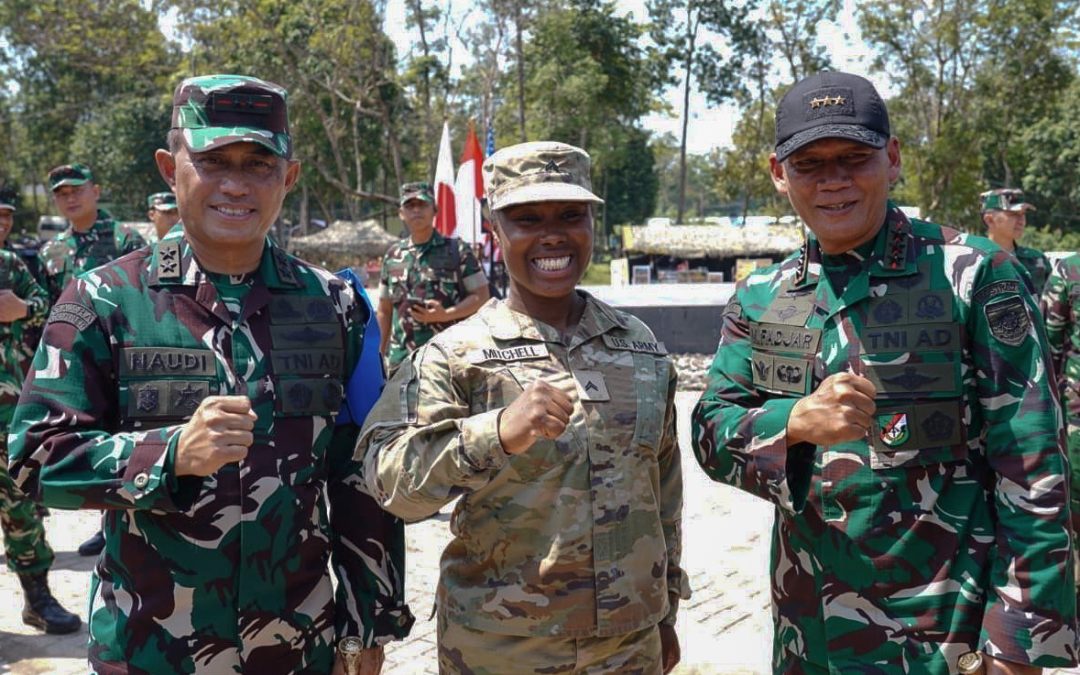By Natela Cutter
DLIFLC Public Affairs

Dr. Jerome Neuner, of Canisius College, Buffalo, New York presents the Nikolai N. Khaladjan International Award for Innovation to DLIFLC Provost Dr. Betty Lou Leaver June 11, in San Antonio, Texas. The award was given on behalf of the American Association of University Administrators, a non-profit educational organization with a mission is to develop and advance superior standards for the profession of higher education administration. (Photo by Natela Cutter. DLIFLC Public Affairs)
SAN ANTONIO, Texas – The American Association of University Administrators, or AAUA, awarded the Defense Language Institute Foreign Language Center the prestigious Nikolai N. Khaladjan International Award for Innovation on June 11, during an annual leadership seminar held in San Antonio, Texas.
Founded in 1970 in Buffalo, New York as a non-profit educational organization, the AAUA’s mission is to develop and advance superior standards for the profession of higher education administration. This year, 60 practicing administrators from around the world attended, while the topic addressed was “Enterprise Risk Management” associated with universities and colleges.
“Each year we recognize one or two (institutions). From our perspective, foreign language education in American higher education is one of those disciplines that absolutely is critical to the advancement of our national interests and is also a discipline in higher education that needs attention and innovation,” said Dr. Dan King, president and CEO of the AAUA.
The award, for outstanding foreign language teaching methodology, was received by DLIFLC Provost Dr. Betty Lou Leaver on behalf of the institute faculty, composed of some 1,800 foreign language instructors, 95 percent of whom are native speakers of the languages they teach.
“The selection of DLIFLC among 13 other competing universities means that our pedagogy is unique and strong enough to qualify, even though we do not necessarily have a traditional international relations program, commonly found at civilian colleges,” said Leaver.





